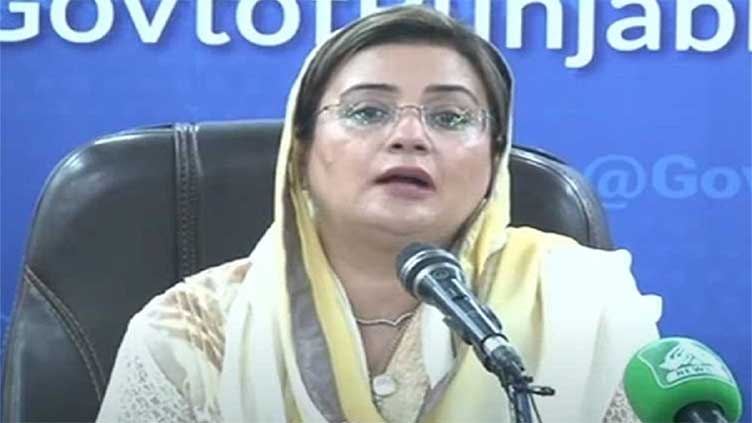Punjab Budget Allocates Funds for Welfare and Development
The Punjab budget's emphasis on welfare and development is a significant step towards improving the lives of its citizens, with a focus on health, education, and infrastructure. The allocation of funds for various sectors and initiatives is expected to have a positive impact on the province's development, making it a model for other provinces to follow.

Punjab Information Minister Azma Bukhari has praised the provincial budget, stating it addresses key demands, including provisions for journalists, with significant funds allocated for various sectors, including health, transport, and welfare.
The budget allocates substantial funds for the development of various sectors, with a focus on people's welfare, particularly in health and education. Punjab Chief Minister Maryam Nawaz Sharif announced the largest development budget in the province's history, exceeding the previous record, with a total worth of Rs740 billion. The budget includes 100 innovative projects, 700 road constructions, and the expansion of 12,000km of roads.
The minister emphasized that health cadres will be introduced to provide comprehensive treatment facilities for journalists, and the minimum wage has been raised to Rs40,000. Punjab now pays the highest salaries and pensions in the country, with a 10% raise in government employees' salaries and a 5% increase in pension for retired employees. The government plans to introduce various initiatives, including the continuation of the laptop scheme and the provision of house loans to 50,000 families.
Lahore remains a priority for development schemes, with Rs85bn allocated for the Lahore Development Programme. The budget also proposes special initiatives for the revival of the film industry, with people from other provinces citing Punjab's development as a model. The government has allocated Rs2.61tr for the social sector, including Rs630.5bn for health, Rs811.8bn for education, and Rs129.8bn for agriculture.
The budget's focus on infrastructure, social sector, and freebies for the urban middle class is expected to have a positive impact on the province's development. However, the budget lacks a credible plan to boost tax revenues, and the government has allocated a significant subsidy amounting to Rs165bn. Despite this, the budget is a surplus, achieved through emergency measures, and is expected to meet the IMF's goals.